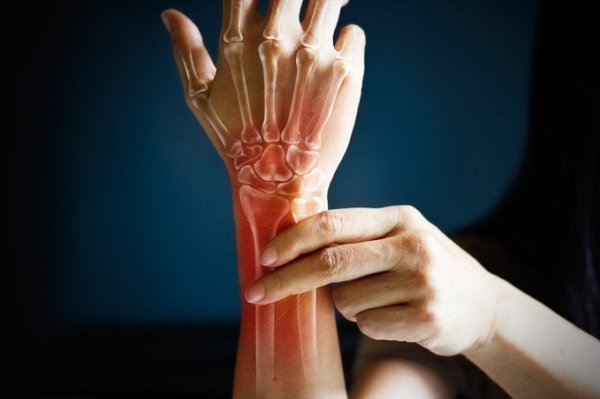In which the action of snap our fingers hurts us? Is it bad for the joints? Will it bring us problems in the long run? In this blog, taken from several articles I leave some points of view of this blog and I open a topic of discussion contributing that the snapping of the fingers is part of movement that leaves relaxation in our fingers. But will such relaxation be harmful?
Many people tend to snap their fingers, some more frequently than others. It is a way to feel better when we have fingers with little movement, and we feel uncomfortable. Although the characteristic noise they produce is not the problem, it is often said that thrashing the fingers produces arthritis and damages our joints. Although for some the "snap" of the fingers is extremely relaxing, the reality is that this action can turn into a vice that , in the long run, can severely damage healt. Several studies have reviewed this belief, and then we will see if it is myth or reality.

Several scientific investigations agreed that by "snapping" the fingers, over time the joints and, as a consequence, the soft tissues are damaged. This also causes a decrease in the force to take some object, which seems to be linked to the stretching and contraction of the ligaments of the joints.
By "snapping" the fingers spills the synovial fluid, the natural lubricant that prevents rubbing between the bones, which causes wear and increases the chances of suffering cracks or fissures. This is also the first cause of rigidity, deformation and excessive pain, which disappears with rest. The lack of movement causes little force in the muscles, so it feels like they are pressured or tired and this produces a kind of vicious circle, where the person returns to "snap" his fingers to feel relaxed for a few hours.
Men or women?
Researchers found that there is not a single cause to explain this event, however 25% of people do it, of which, men in a greater percentage than women.

Myths and realities
- It damages the cartilage that covers the joints. FALSE. Although comparisons have been made of the wear and tear that occurred during this habit, none concludes that this is true.
- It is a cause of arthritis. FALSE. The factors attributed to this practice are age, inheritance and the work done with the hands.
- Increase the strength in the hands. FALSE. According to studies conducted in Detroit, the United States from a population of 300 people over 45 years, revealed that those who used to "thunder" the fingers achieved a lower grip and had swelling in their hands.
Why does it not affect? When you "snap" your fingers, it does not really hit anything. The noise you hear is small bubbles that break in the fluid that lubricates your joints. When you stretch the fingers to be able to thunder the joint expands, this causes the joint to be "depressurized" and gases that are normally dissolved in the liquid (such as carbon dioxide, oxygen and nitrogen) to form bubbles. But when you cause the joint to return to its original place, these bubbles break and make that "pop" that causes so much satisfaction.
Over time, various ailments have been attributed to this habit, however the researchers of the Los Angeles Elder, conclude only one thing: "the main consequence of" thundering "fingers, may be the irritating effect of sound and practice for those who observe it, so let's keep snapping our fingers.

SOURCE:
http://www.salud180.com/salud-dia-dia/que-hay-detras-de-tronarse-los-dedos
http://www.soy502.com/articulo/tronarse-dedos-causa-desgaste-muscular
https://www.vix.com/es/btg/curiosidades/5838/tronarse-los-dedos-produce-artritis-mito-o-realidad
http://www.actitudfem.com/hogar/salud/enfermedades/es-malo-tronarse-los-dedos